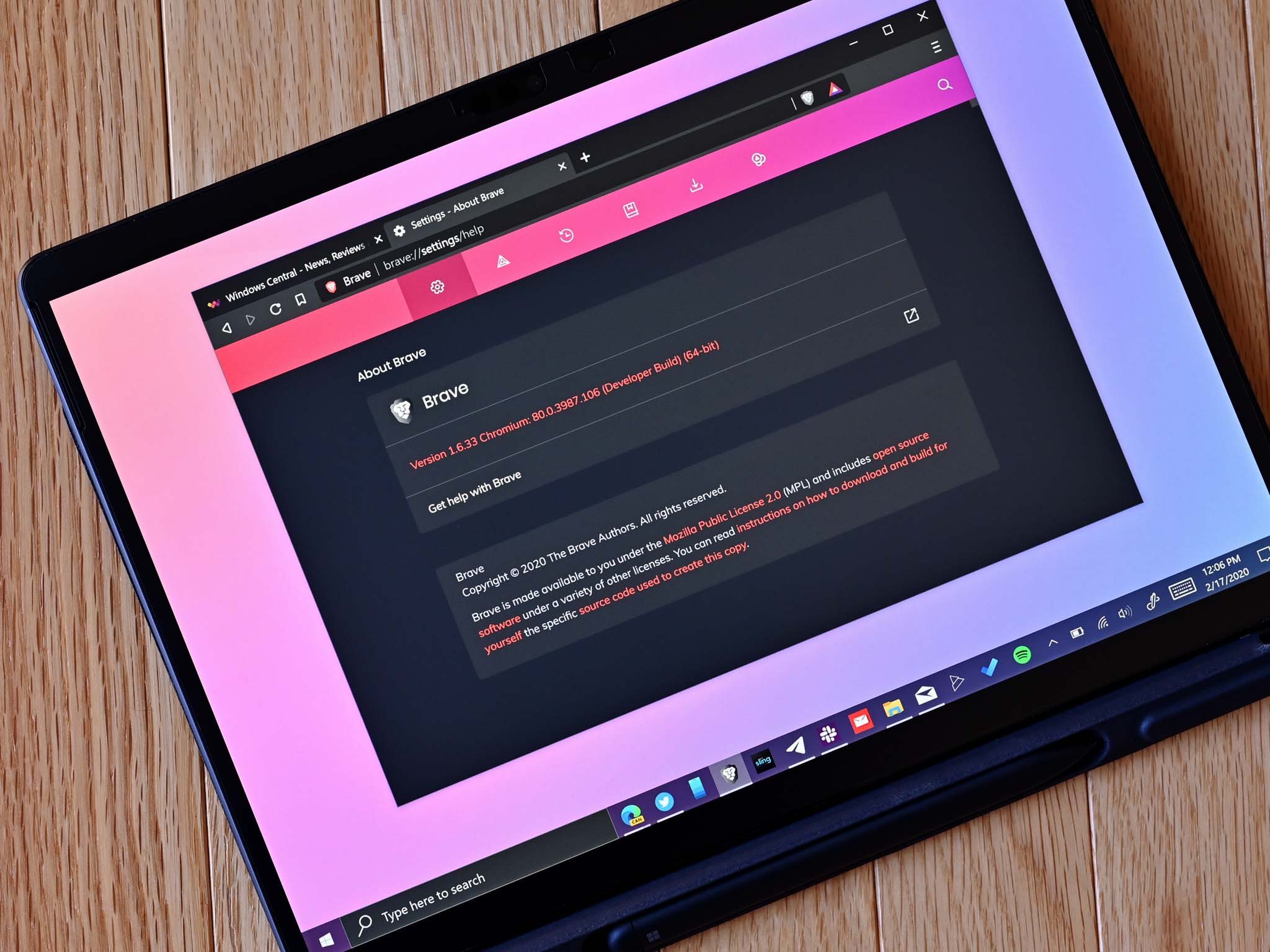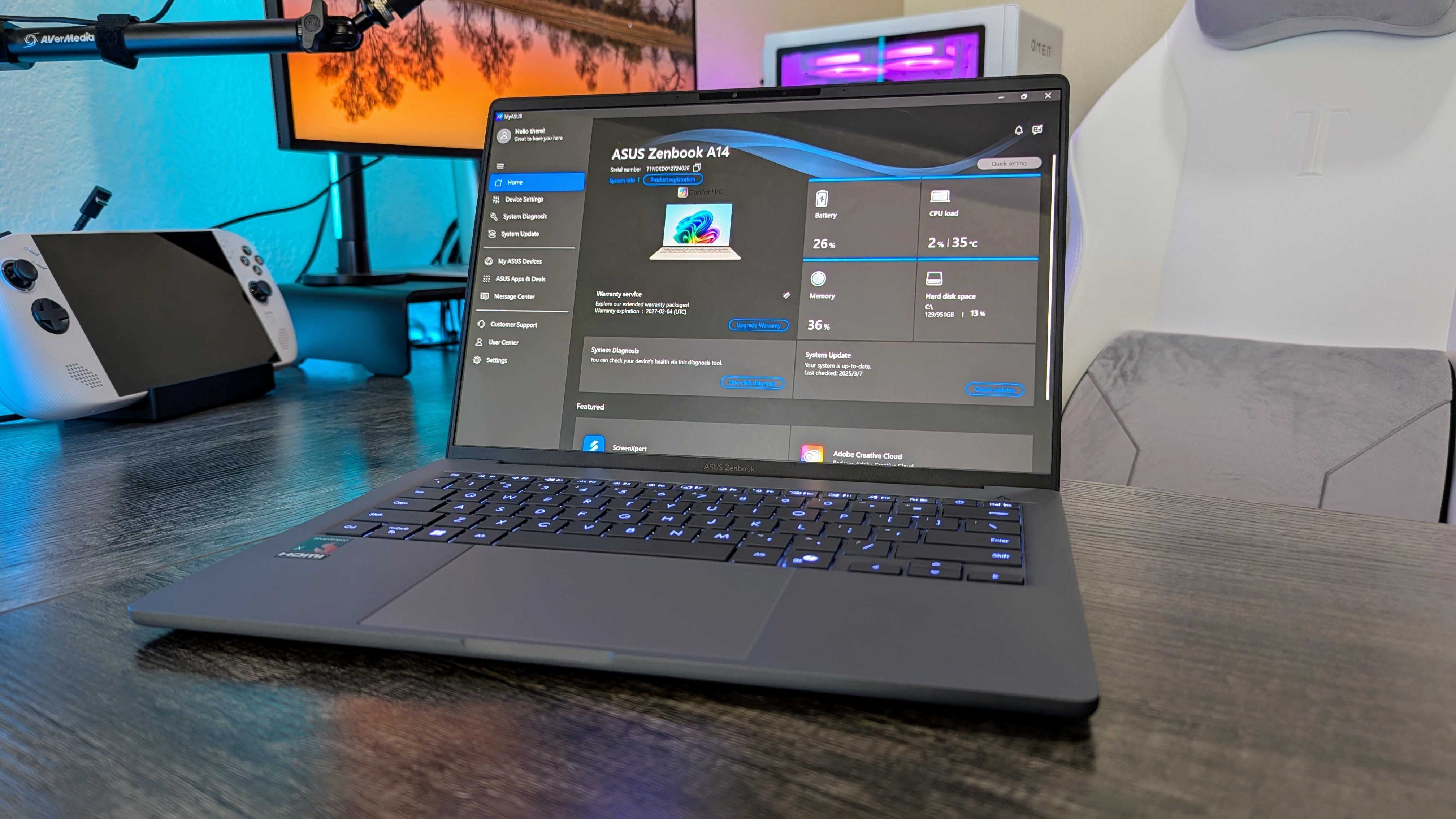Brave browser battles Google with new De-AMP feature
Brave believes that AMP is harmful to the web and has a new feature to direct people away from AMP links.

All the latest news, reviews, and guides for Windows and Xbox diehards.
You are now subscribed
Your newsletter sign-up was successful
What you need to know
- The Brave browser now includes a De-AMP feature that redirects links away from the AMP versions of sites.
- Google pushes AMP pages, which are considered controversial since they render websites through Google's servers rather than through the sites of the original publishers of content.
- Brave calls AMP "harmful to users and to the Web at large" in the post announcing its De-AMP feature.
Brave is rolling out a new feature for its browser that bypasses Google-hosted AMP pages. The De-AMP feature is available in the Nightly and Beta builds of Brave now and will be enabled by default in the future 1.38 release of the desktop and Android versions of the browser.
AMP links were originally created to optimize websites for mobile devices, but they are considered controversial. When a user clicks an AMP link, they are taken to a page hosted by Google's servers rather than by the site of the content producer.
Brave claimed that AMP is "harmful to users and to the Web at large." The company argued that AMP is harmful to privacy, bad for security, and that it furthers the "monopolization of the Web" by Google.
"Brave will protect users from AMP in several ways. Where possible, De-AMP will rewrite links and URLs to prevent users from visiting AMP pages altogether," explained Brave. "And in cases where that is not possible, Brave will watch as pages are being fetched and redirect users away from AMP pages before the page is even rendered, preventing AMP/Google code from being loaded and executed."
While the next version of AMP does not have an official name at this point, Brave refers to it as AMP 2.0 and claims that it "will be even worse" than the current version of AMP. "This effort isn't formally called AMP 2.0, but the goals are the same: allow more of the Web to be served from Google's servers, and in ways that give users less control over how they interact with that content, and with less understanding of where that content is coming from."
Brave has a history of going against Google. It launched Brave Search in June 2021 and was one of several companies that took a stand against Google's FLoC.
All the latest news, reviews, and guides for Windows and Xbox diehards.

Sean Endicott is a news writer and apps editor for Windows Central with 11+ years of experience. A Nottingham Trent journalism graduate, Sean has covered the industry’s arc from the Lumia era to the launch of Windows 11 and generative AI. Having started at Thrifter, he uses his expertise in price tracking to help readers find genuine hardware value.
Beyond tech news, Sean is a UK sports media pioneer. In 2017, he became one of the first to stream via smartphone and is an expert in AP Capture systems. A tech-forward coach, he was named 2024 BAFA Youth Coach of the Year. He is focused on using technology—from AI to Clipchamp—to gain a practical edge.

